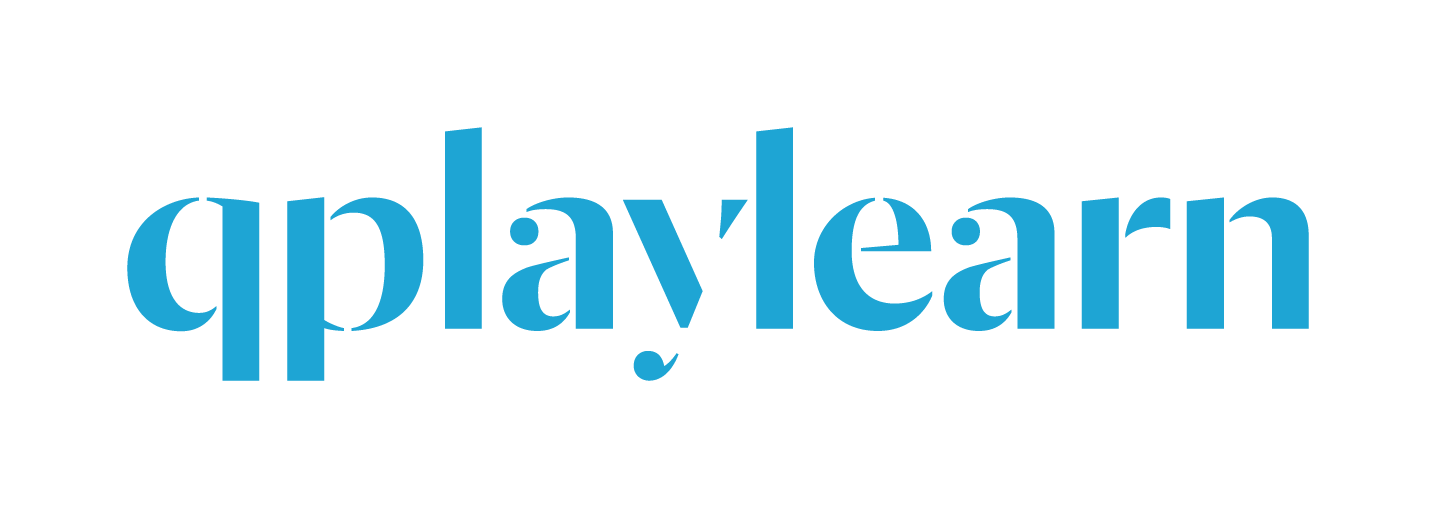Our approach
We offer tailor-made content for different target groups, and despite the diversification following the diverse needs of each learning cohort, the core of our approach is always the same.
We use innovative interactive tools to make the learning process more effective and entertaining, and accessible at different levels, without sacrificing scientific correctness.
That’s why we strongly believe that playfulness holds an essential role. Fun and interactivity increase the efficacy of the learning process and make concepts less intimidating.
In each and every content we develop, we aim at providing the possibility for multilevel education. This means that behind images, analogies and even funny representations used to popularise quantum physics and technologies, there’s always a solid scientific background, regardless of the skills of the target audience.
We are aware of the risks of misleading analogies and oversimplified explanations, to which quantum popularisation is exposed, especially in context where the proper mathematical formalism cannot be used. That is why we like to build multilevel educational resources which can help maintain a connection all the way from intuition and engagement to formalisation.
As odd as it may sounds, we really think it’s more difficult to talk about quantum physics with words than with formulas: which is why even more attention is needed when math is limited!
QPlayLearn allows users to:
1. Get intuition about quantum phenomena without having to dig into mathematical technicalities.
2. Understand quantum technologies, its implications and impacts on society.
3. Access new markets and careers that will emerge around quantum technologies.
Who we are
We’re a team mainly composed by quantum physicists, with a solid academic background and a strong passion for quantum science.
We combine this expertise with insights from educational sciences, policy making and corporate management perspectives.
We have coordinated many international projects, participated in ministerial consultations, and organised various events related to education and outreach, as well as to art and beauty.
We’re always looking for innovative and challenging projects, and we believe that fun is a fundamental component of the learning process, at all levels of learning, for all possible audiences.

Sabrina Maniscalco
Professor, Univ. of Helsinki
and Aalto University
CEO at Algorithmiq

Caterina Foti
Postdoc, Aalto Univ.
Outreach coordinator, Algorithmiq, General Director QPlayLearn

Guillermo García-Pérez
Postdoc, Univ. of Helsinki
CSO, Algorithmiq

Matteo Rossi
Postdoc, Aalto Univ.
CTO, Algorithmiq
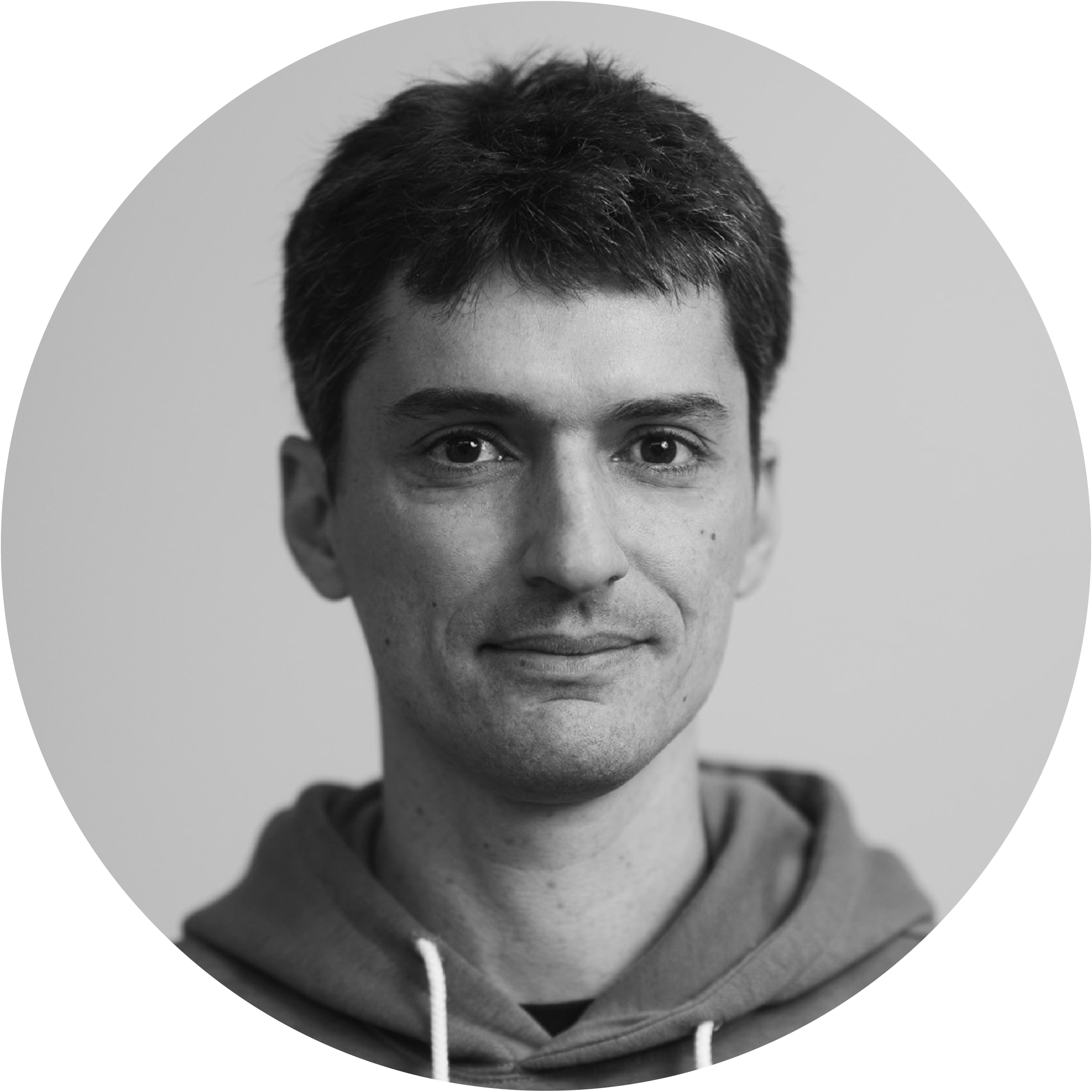
Daniel Cavalcanti
Senior researcher and Head of Branding at Algorithmiq
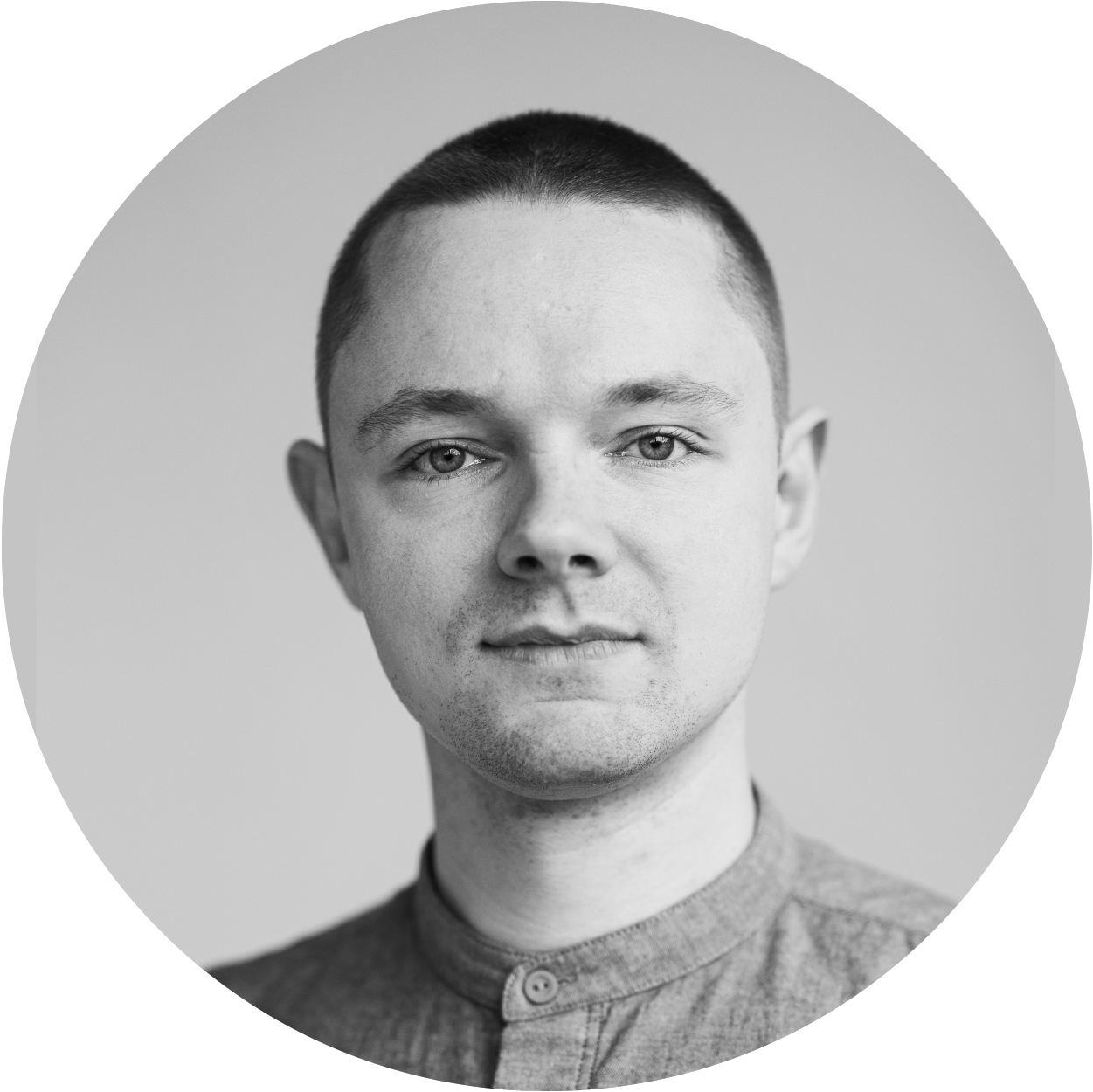
Boris Sokolov
Postdoc, Univ. of Helsinki
Researcher at Algorithmiq

Rosario Maniscalco
Ph.D. Ed. Sc. Univ. of Turku
CKO, Algorithmiq

Marilù Chiofalo
Professor, Univ. of Pisa
Director of Discovery
Let's collaborate
We understand QPlayLearn as a collaborative project and would like it to become an aggregator of creative resources, new teaching methods, and inspirational tools.
We’re always looking for collaborators who share a passion for quantum physics, quantum technology and crazy ideas. Regardless of your field, we’re open to new challenges at all times! Do you have an idea on how to collaborate with us? Send us a message!
Robin Baumgarten, freelance artist
Sibel Kantola, freelance artist
Helena Macruz, coreographer and dancer
Taryn Allen, game developer
Francesco Baldino, game developer
Steven Dunn, game developer
Luigina Mazzone, game developer
Viktor Minin, game developer
Sonya Minina, game developer
Aditya Anupam, Georgia Tech.
Azad Naeemi, Georgia Tech.
Nassim Parvin, Georgia Tech.
Radha Pyari Sandir, IBM
James Wootton, IBM
Paola Verrucchi, Institute of Complex Systems of Firenze
Roberta Zambrini, IFISC–Palma de Mallorca
Juliana Rabello, illustrator
Shana Rey, illustrator
Gian Luca Scotece, illustrator
Natasha Skult, MiTale
Aapo Peltola, MiTale
Evert van Nieuwenburg, Niels Bohr Institute - game creator
Paweł Grabarz, Quantum Flytrap
Piotr Migdał, Quantum Flytrap
Klem Jankiewicz, Quantum Flytrap
Valentina Parigi, Sorbonne University, Paris
César A. Rodríguez Rosario, Strangeworks
Andrew J. Ochoa, Strangeworks
Pau Benazet, Thalamus Studio
Jonathan Frishberg, Thalamus Studio
Lorenzo Maccone, University of Pavia
Paolo Zanardi, University of Southern California
Daria Anttila, University of Turku
Matias Guerra, VIS
Marcos Valdes, VIS
Sponsors



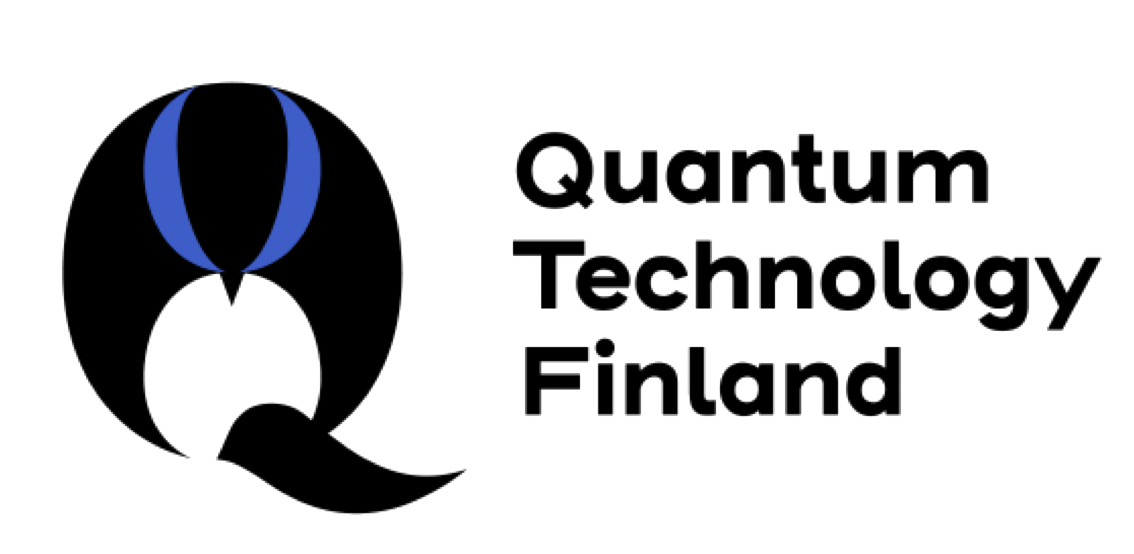
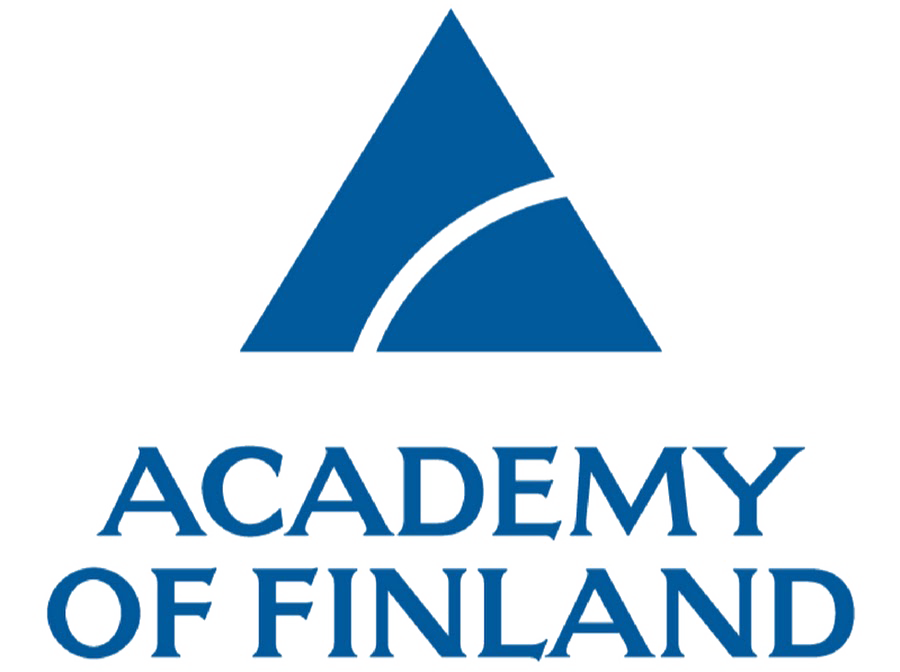



© QPlayLearn 2020-2024 | Design by Bitflow
